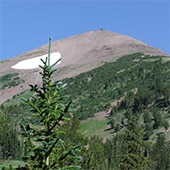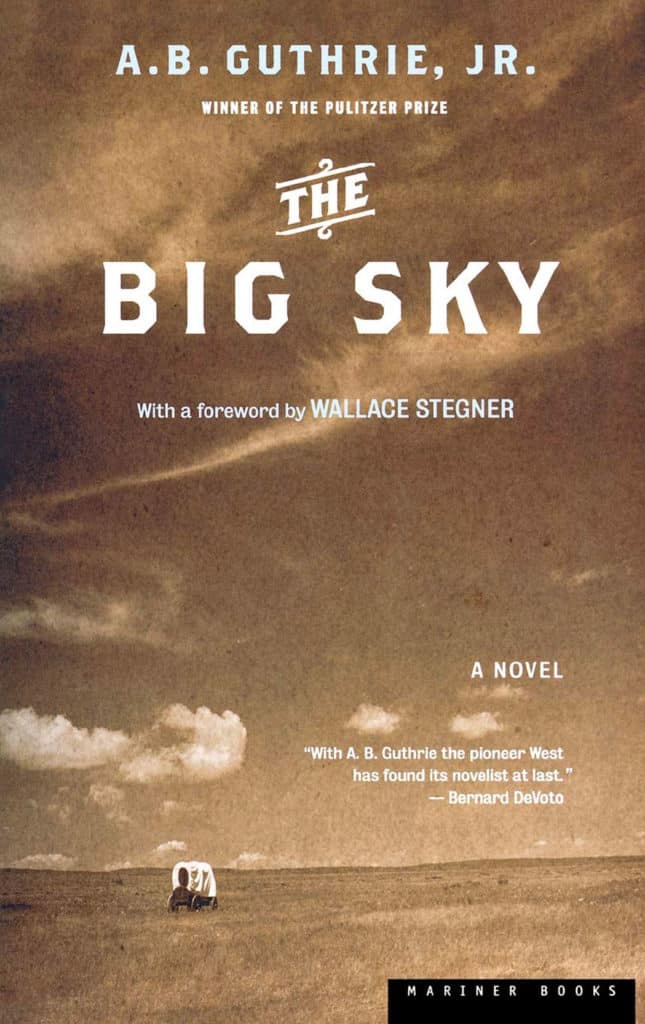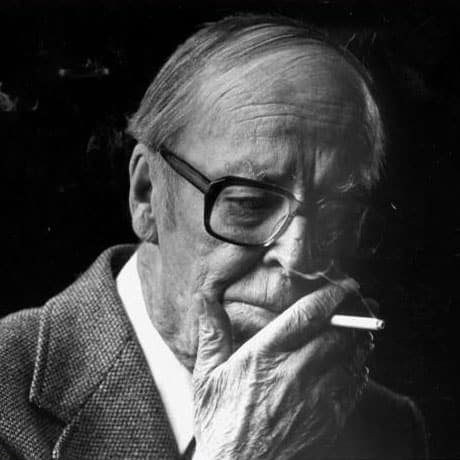The Big Sky: South Pass Near Jackson Hole
It was known country to Summers, the Wind range was, the everlasting snow fields and the Grand Teton that could come into sight soon, known country and old country to him now. He could remember when it was new, and a man setting foot on it could believe he was the first one, and a man seeing it could put names to it. That was in the days of General Ashley and Provot and Jed Smith, the cool half-parson whom the Comanches had killed down on the Cimarron. (193)
Guthrie, A.B., Jr. The Big Sky. Boston, Houghton Mifflin, 2002.



